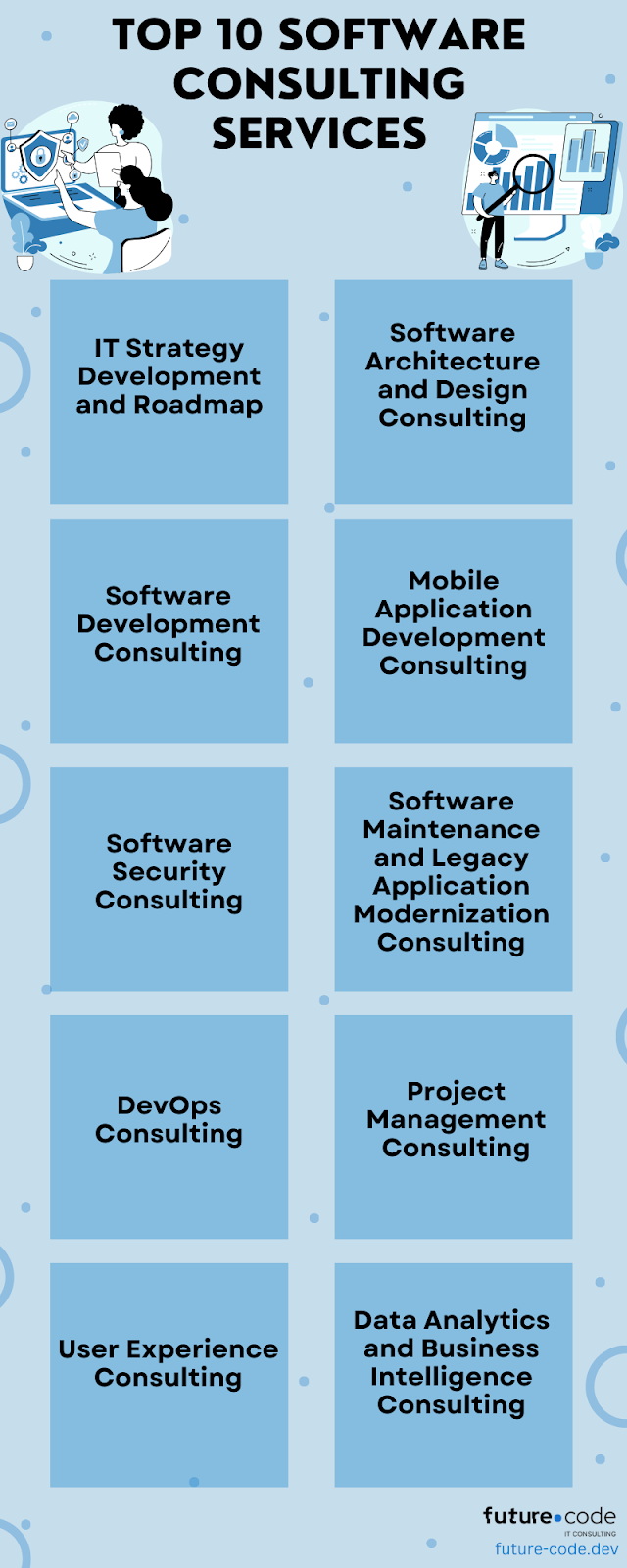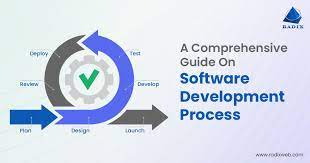Unlocking Innovation: The Power of Custom Applications Development
The Importance of Application Development
Application development plays a crucial role in today’s digital world. With the increasing reliance on technology, businesses and individuals are constantly seeking innovative solutions to enhance efficiency and productivity. Whether it’s a mobile app for a small business or a complex software system for a large corporation, application development is key to meeting the evolving needs of users.
Benefits of Application Development:
- Customization: One of the primary benefits of application development is the ability to create customized solutions tailored to specific requirements. Off-the-shelf software may not always meet the unique needs of an organization, making custom applications essential for optimal performance.
- Increased Efficiency: Well-designed applications streamline processes and automate tasks, leading to improved efficiency and reduced manual errors. This can result in cost savings and enhanced productivity for businesses.
- Enhanced User Experience: User experience is a critical factor in the success of any application. Through thoughtful design and functionality, developers can create intuitive interfaces that engage users and provide a seamless experience.
- Scalability: As businesses grow, their software requirements evolve as well. Custom applications can be designed with scalability in mind, allowing for easy expansion and adaptation to changing needs without major disruptions.
- Competitive Advantage: In today’s competitive market, having unique and efficient applications can set businesses apart from their competitors. Customized software solutions can offer a competitive edge by addressing specific pain points and delivering value to customers.
The Role of Developers:
Skilled developers are at the heart of successful application development. They possess expertise in programming languages, frameworks, and tools necessary to bring ideas to life. From initial concept design to testing and deployment, developers play a critical role in ensuring that applications meet quality standards and user expectations.
In conclusion, application development is essential for driving innovation, improving operational efficiency, and staying ahead in today’s fast-paced digital landscape. By investing in custom solutions tailored to specific needs, businesses can unlock new opportunities for growth and success.
9 Advantages of Application Development: Customized Solutions for Business Growth and Efficiency
- Customized solutions tailored to specific requirements
- Increased efficiency through process automation
- Enhanced user experience with intuitive interfaces
- Scalability for easy expansion as business grows
- Competitive advantage by addressing unique needs
- Innovative solutions to drive business growth
- Improved data security with custom applications
- Seamless integration with existing systems and software
- Cost-effective long-term solution for business needs
Challenges in Application Development: Navigating Costs, Time, Maintenance, Technical Hurdles, Skill Demands, and Security Risks
Customized solutions tailored to specific requirements
Custom application development offers the advantage of creating customized solutions tailored to specific requirements. Off-the-shelf software may not always align perfectly with the unique needs of businesses or individuals. By developing custom applications, organizations can address their specific challenges and goals, ensuring that the software meets their exact requirements and functions seamlessly within their existing systems. This level of customization not only enhances efficiency and productivity but also provides a competitive edge by offering tailored solutions that precisely match the user’s needs.
Increased efficiency through process automation
Increased efficiency through process automation is a significant advantage of application development. By automating repetitive tasks and streamlining workflows, businesses can save time and reduce the likelihood of errors. This not only boosts productivity but also allows employees to focus on more strategic and value-added activities. With automation, organizations can achieve higher levels of efficiency, improve operational effectiveness, and ultimately enhance their overall performance in a competitive market.
Enhanced user experience with intuitive interfaces
Enhanced user experience through intuitive interfaces is a significant advantage of application development. By designing user-friendly interfaces that are easy to navigate and understand, developers can create a seamless and engaging experience for users. Intuitive interfaces not only improve user satisfaction but also increase efficiency by reducing the learning curve and minimizing errors. Ultimately, prioritizing user experience in application development leads to higher adoption rates, increased engagement, and overall success of the software product.
Scalability for easy expansion as business grows
Scalability is a significant advantage of application development, enabling businesses to expand seamlessly as they grow. Custom applications can be designed with scalability in mind, allowing for easy adaptation to changing needs without major disruptions. This flexibility ensures that the software infrastructure can accommodate increased demands and user volumes as the business evolves, supporting continued growth and success.
Competitive advantage by addressing unique needs
One significant advantage of application development is the ability to gain a competitive edge by addressing unique needs. Customized software solutions tailored to specific requirements can set businesses apart from their competitors. By understanding and meeting the distinctive demands of their target audience, companies can deliver value that stands out in the market. This strategic approach not only enhances customer satisfaction but also establishes a strong position in the industry, driving growth and success.
Innovative solutions to drive business growth
Application development offers innovative solutions that can drive business growth by providing customized software tailored to meet specific needs and challenges. These solutions enable businesses to streamline processes, enhance efficiency, and adapt to changing market demands swiftly. By leveraging the power of technology through application development, organizations can gain a competitive edge, improve customer satisfaction, and unlock new opportunities for expansion and success. In today’s dynamic business environment, investing in innovative applications is key to staying ahead of the curve and driving sustainable growth.
Improved data security with custom applications
Improved data security is a significant advantage of custom applications development. By designing applications tailored to specific security requirements and protocols, businesses can enhance their ability to protect sensitive information and mitigate cybersecurity risks. Custom applications allow for the implementation of robust encryption methods, access controls, and authentication mechanisms that align with the organization’s security policies. This proactive approach to data security not only helps in safeguarding confidential data but also instills trust among customers and stakeholders, demonstrating a commitment to protecting privacy and maintaining the integrity of information assets.
Seamless integration with existing systems and software
Seamless integration with existing systems and software is a significant advantage of application development. Custom applications can be designed to seamlessly integrate with a company’s current infrastructure, including databases, CRM systems, and other software tools. This integration not only enhances operational efficiency by eliminating data silos and manual data entry but also ensures a smooth transition for users who are already familiar with existing systems. By harmonizing different components within an organization, custom applications facilitate streamlined processes and improved collaboration, ultimately leading to enhanced productivity and performance across the board.
Cost-effective long-term solution for business needs
Application development offers a cost-effective long-term solution for business needs by providing customized software solutions that address specific requirements and challenges. While off-the-shelf software may require ongoing licensing fees and limited customization options, custom applications offer a one-time investment that can be tailored to evolve with the business over time. This approach not only helps in reducing long-term costs but also ensures that the software remains aligned with the changing needs of the business, ultimately maximizing efficiency and productivity in a sustainable manner.
Costly
Application development can be costly, particularly when it involves creating complex or customized solutions. The expenses associated with hiring skilled developers, acquiring necessary tools and technologies, and conducting thorough testing can add up quickly. For businesses operating on a tight budget, the high costs of application development may pose a significant challenge and require careful consideration of the return on investment. Despite the potential financial burden, many organizations find that the benefits of tailored software solutions outweigh the initial expenses in terms of long-term efficiency and competitive advantage.
Time-consuming
One significant con of application development is its time-consuming nature. The process involves meticulous planning, extensive coding, rigorous testing, and deployment phases, all of which demand a considerable amount of time and effort. Delays in any of these stages can prolong the development timeline, impacting project deadlines and potentially increasing costs. Balancing speed with quality is crucial in application development to ensure that the final product meets expectations while being delivered within a reasonable timeframe.
Maintenance
Maintenance is a significant challenge in application development, requiring ongoing updates and fixes to keep software running smoothly and securely. Neglecting maintenance can lead to performance issues, vulnerabilities, and compatibility problems with other systems. The resources and time needed for regular maintenance can add to the overall cost of application development, making it a critical consideration for businesses seeking long-term success. Failure to prioritize maintenance can result in outdated or inefficient applications that fail to meet user expectations and industry standards.
Technical challenges
One significant con of application development is the technical challenges that developers often encounter. Throughout the development process, developers may come across various hurdles, such as compatibility issues with different platforms or devices, integration complexities with existing systems, or limitations of certain programming languages or frameworks. These technical obstacles can lead to delays in project timelines, increased development costs, and potential performance issues in the final product. Overcoming these challenges requires expertise, problem-solving skills, and thorough testing to ensure a seamless and successful application deployment.
Skill requirements
The con of applications development lies in the skill requirements needed for successful execution. Skilled developers are crucial for creating high-quality applications, but finding and retaining these professionals can be a significant challenge. The demand for talented developers often exceeds the available supply, leading to fierce competition in the industry. Additionally, skilled developers may seek new opportunities or higher compensation, making it difficult for organizations to retain top talent. This skill gap can hinder the timely delivery of projects and impact the overall quality of the developed applications.
Security risks
Security risks pose a significant con of application development as applications may be vulnerable to security breaches if not properly designed and tested. Inadequate attention to security measures during the development process can leave applications exposed to potential threats such as data breaches, unauthorized access, and malware attacks. These vulnerabilities can have serious consequences, including compromised user data, financial losses, damage to reputation, and legal implications. It is crucial for developers to prioritize security considerations from the initial stages of application development to mitigate risks and ensure the protection of sensitive information and assets.












